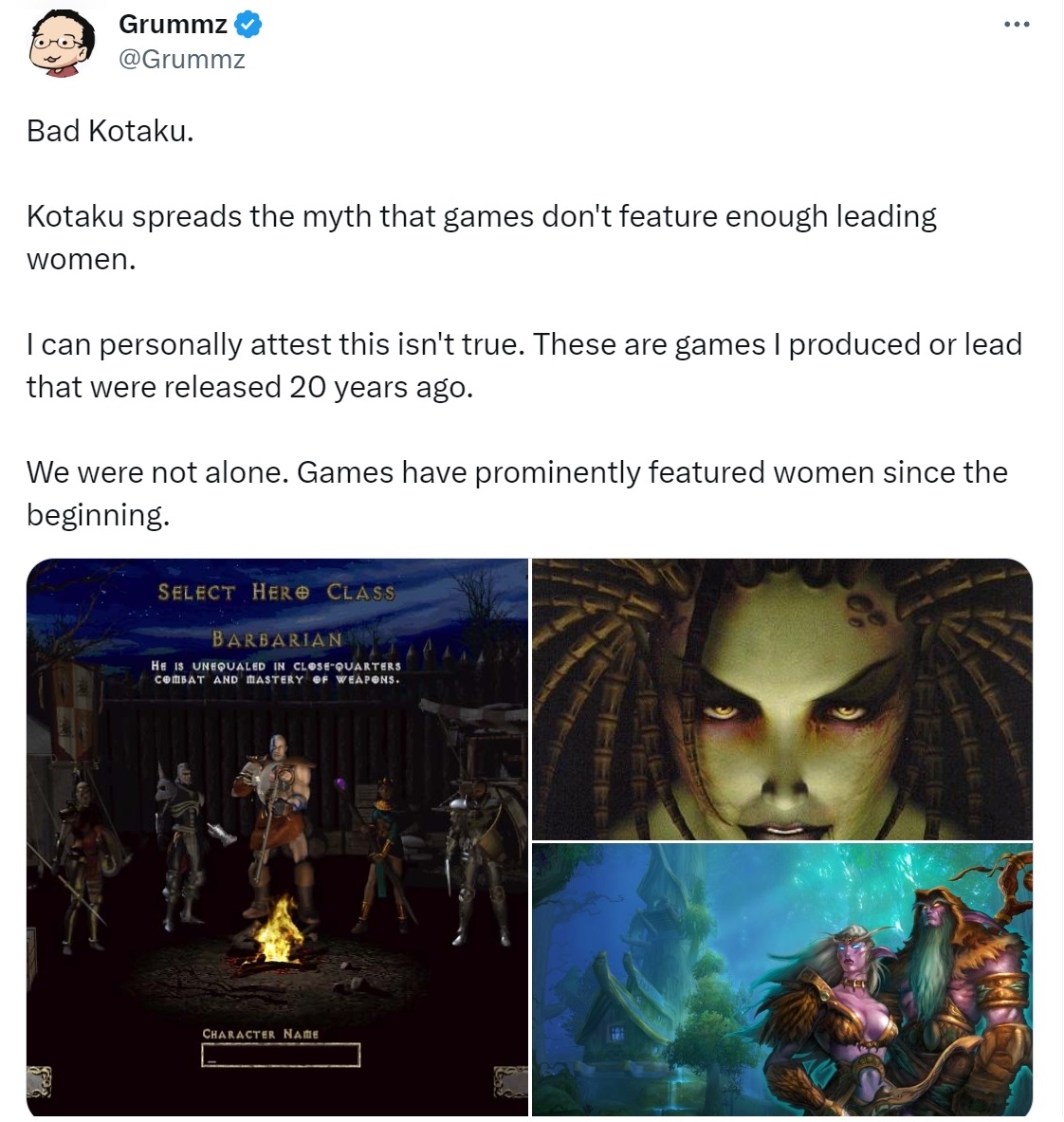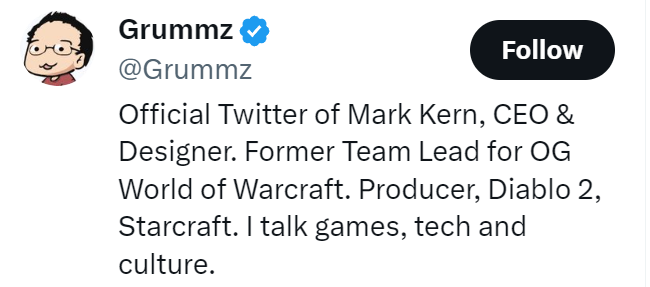Written by Otaku Apologist
I was chatting in a certain Discord server, when someone shared a tweet by Mark Kern, criticizing a recent article by Kotaku that sparked fierce debate. My first impulse was to search the article, write about it, counter it point by point, and then I stopped. Because I would be playing right into their hands, if I chose that angle. While I have to regrettably give these scumbags exposure to discuss the topic, I’m choosing a different angle, and hopefully, contributing into making the games industry better.
The tweet sparked a lot of discussion, as was likely the intended effect. Media companies need to stir the occasional controversy, to get attention. I’m very familiar with this, because I’ve done shock marketing. It works. Polarizing material gets people talking, it tends to spark fierce reactions and even chain-reactions, which for a calculative person is ground zero for the next stage. You set the pace for the conversation, leading it towards the next phase of your plan.
You see, media companies have access to analytics. Advertising-based business models come with analytical tools that let you track performance. Every competent webmaster knows which circumstances trigger clicks and sales at their advertisers. They try to recreate these circumstances in an effort to generate traffic and revenue.
And in case you’re wondering who Grummz is, here’s his Twitter description that tells all. Imagine if my goal was simply to promote this person for a bit of cash he wired on my Paypal. That’s how the attention-whoring game works.

I remember reading and watching videos years ago on how Facebook perfected their content curation algorithms, which a founder of the company publicly admitted had a horrible impact. Chamath Palihapitiya, who joined Facebook in 2007 and became its vice president for user growth, said in 2017, “I think we have created tools that are ripping apart the social fabric of how society works”, he told an audience at Stanford Graduate School of Business.

Because what Facebook had discovered was that by feeding people extremely biased news, you become more emotional, more engaged, leading to a bump in the company’s advertising revenue. This isn’t theoretical at all, I’ve personally done this on various websites and social media accounts. You just publish content and ads, look at the statistics, and adjust your strategy, until you see blips in your analytics interface. With the amount of behavioral data Facebook has access to, they can easily tailor their algorithms to produce higher revenues, manipulate public opinion, influence elections, whatever they want.
So, while Kotaku writers may have genuine political messages they want to spread, it is absolutely possible that the motive to write and publish certain content is partly, primarily, or entirely a financial one. You’ll want to choose carefully how you react to these kinds of articles, because you could be playing right into their pocket. Always pause and reflect.

